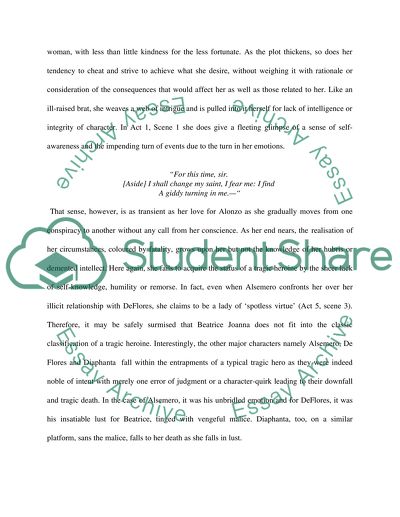Cite this document
(“Beatrice Joanne - The Changeling Book Report/Review”, n.d.)
Retrieved from https://studentshare.org/literature/1525101-beatrice-joanne-the-changeling
Retrieved from https://studentshare.org/literature/1525101-beatrice-joanne-the-changeling
(Beatrice Joanne - The Changeling Book Report/Review)
https://studentshare.org/literature/1525101-beatrice-joanne-the-changeling.
https://studentshare.org/literature/1525101-beatrice-joanne-the-changeling.
“Beatrice Joanne - The Changeling Book Report/Review”, n.d. https://studentshare.org/literature/1525101-beatrice-joanne-the-changeling.


